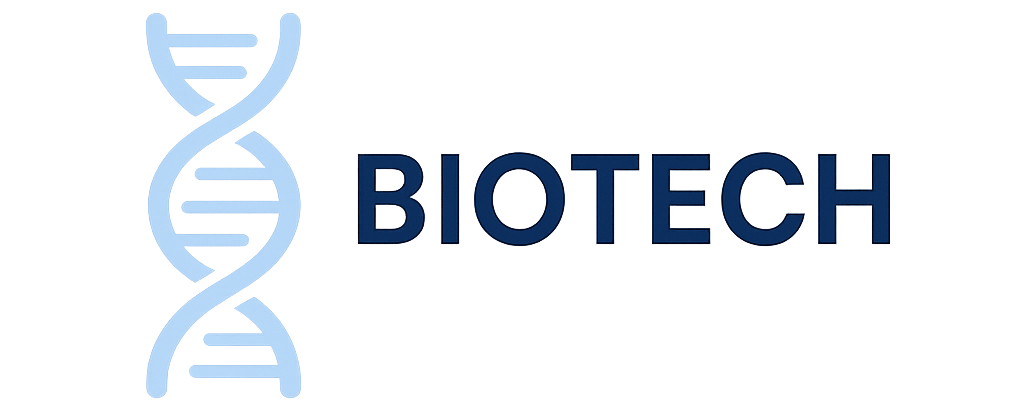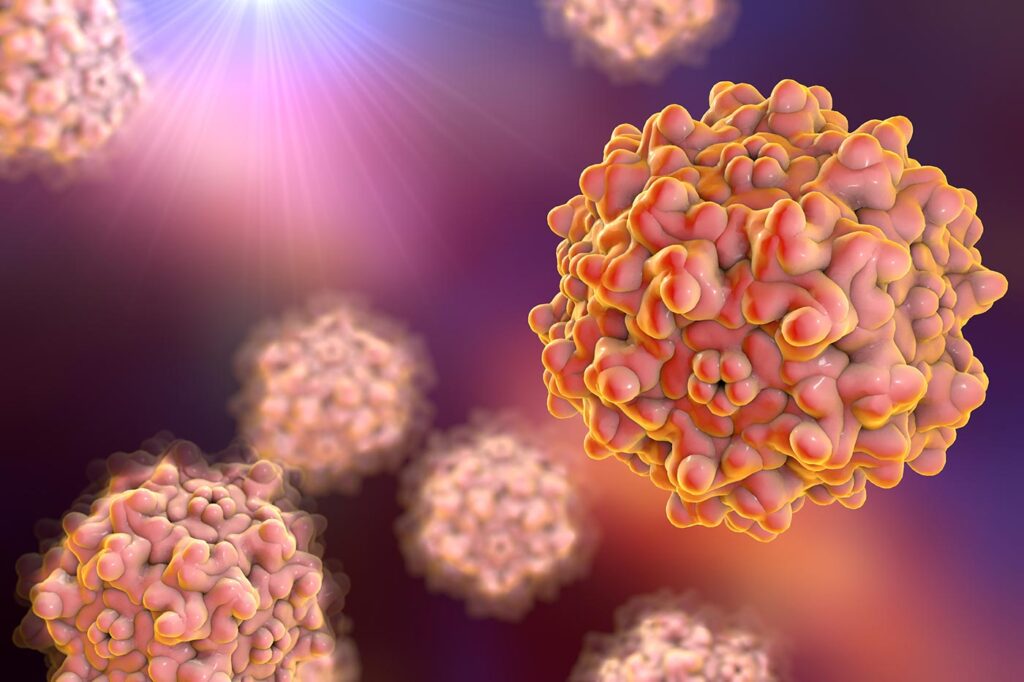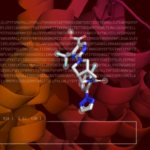
Scientists from the University of California, San Diego (UC San Diego), have published data from a study that tested the effects of a gene therapy for Alzheimer’s disease (AD) dubbed AAV9-Synapsin-promoted Cav-1 (SynCav1) in mice. The results indicate that the therapy could be an effective way to protect the brain from disease-related damage and preserve cognitive function. Full details are provided in a recent Signal Transduction and Targeted Therapy paper titled “Neuron-targeted caveolin-1 overexpression attenuates cognitive loss and pathological transcriptome changes in symptomatic Alzheimer’s disease models.”
The therapy is designed to increase the expression of Caveolin-1 (Cav-1), a protein that is involved in regulating multiple growth and survival signaling pathways. In earlier studies, the UC San Diego scientists tested SynCav1 in both healthy aging and presymptomatic AD mice. Results there showed that it was effective at preserving “cognitive functions and MLR-associated neurotrophic signaling” in normal mice. For the current study, the team sought to assess the effects of delivering the treatment to mice with symptoms of AD.
According to the paper, the researchers used two distinct preclinical AD models for their analysis. In both cases, the treatment “consistently preserved” hippocampal-dependent memory, a critical aspect of cognitive function that is often impaired in AD patients. The scientists also found that compared to healthy mice of the same age, treated mice had a similar pattern of gene expression. It suggests that the treatment has the potential to alter the behavior of diseased cells to return them to a healthier state.
While further studies are necessary to translate these findings into human clinical trials, these early findings in mice suggest that SynCav1 could be a promising alternative to current treatments that target amyloid-beta protein clearance. As the scientists noted in the paper, “the therapeutic value of SynCav1 lies in its ability to protect vulnerable neurons and augment cellular responses to either endogenous or applied exogenous neuroprotective factors … mechanisms that differ from currently approved therapies.” However, “due to the multitude of neurotoxicity in the AD brain, further studies are warranted to investigate SynCav1’s therapeutic role when combined with amyloid-targeted drugs to enhance clinical outcomes.”
The gene therapy technology used in this study was licensed by UC San Diego to Eikonoklastes Therapeutics in 2021. It was initially developed in the laboratory of Brian Head, PhD, a professor of anesthesiology at UC San Diego and senior author on the current study on Alzheimer’s disease. In 2022, Eikonoklastes was granted Orphan Drug Designation (ODD) by the FDA for the use of the patented gene therapy in amyotrophic lateral sclerosis (ALS), also known as Lou Gehrig’s disease.



